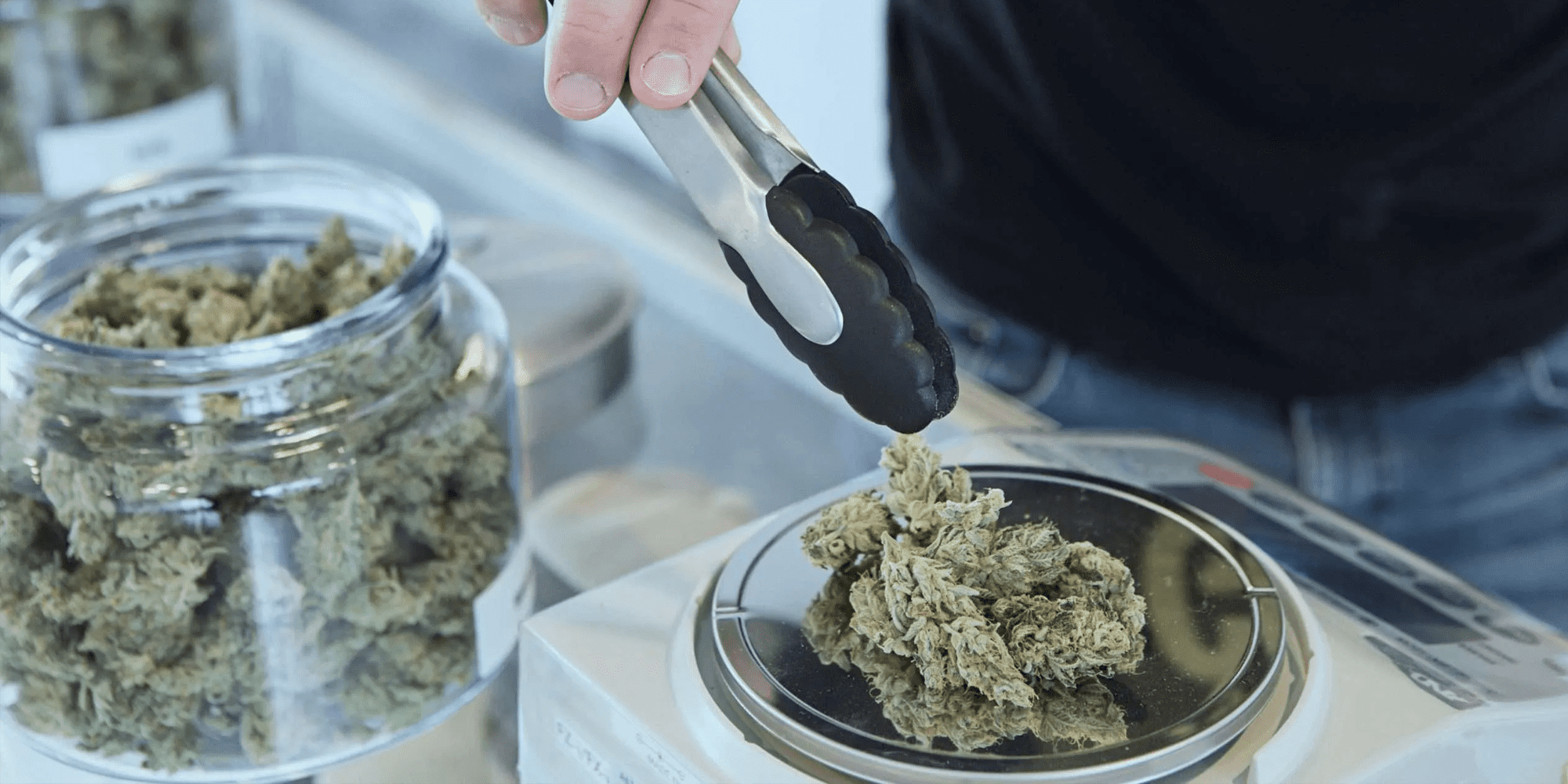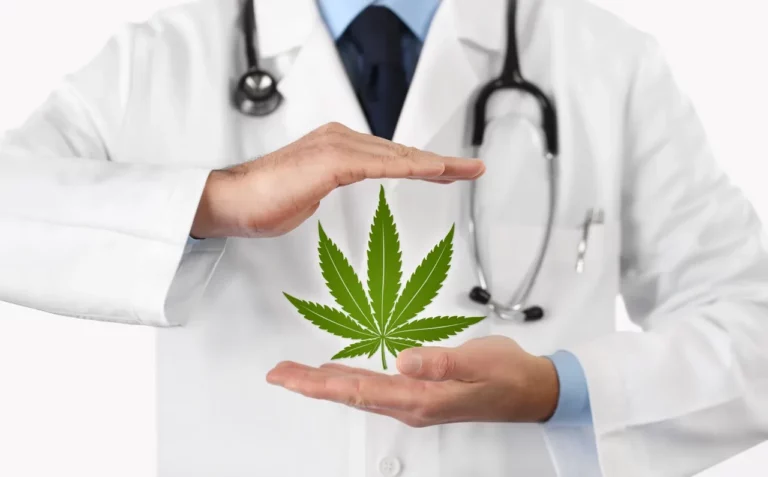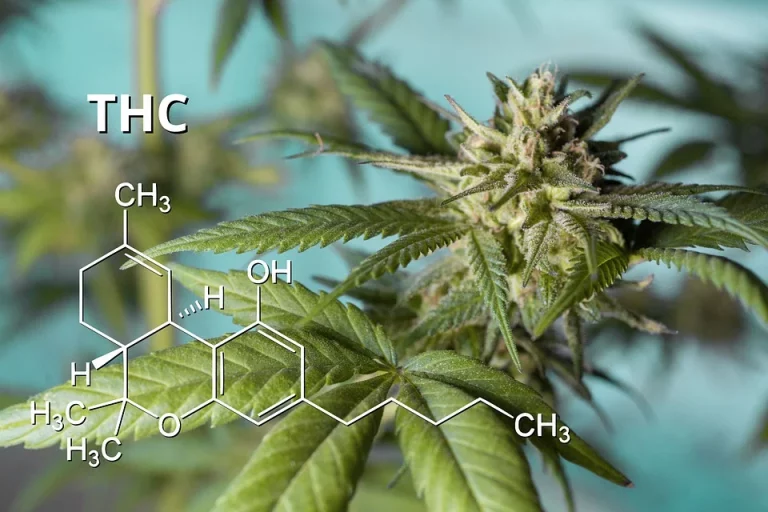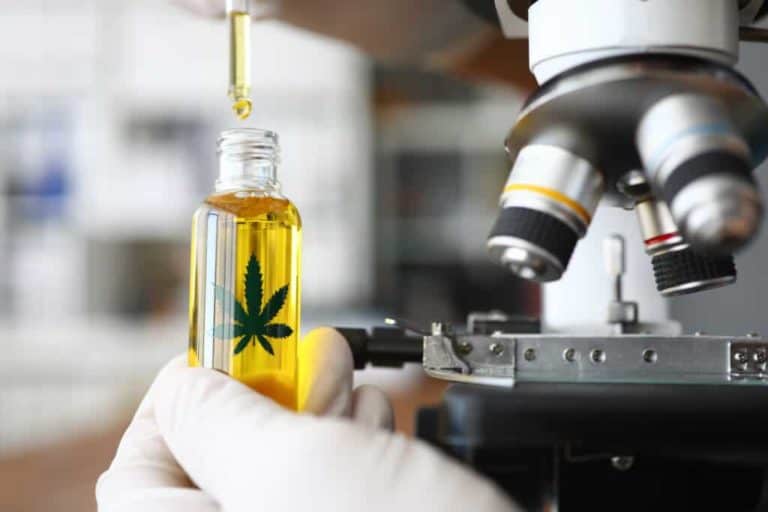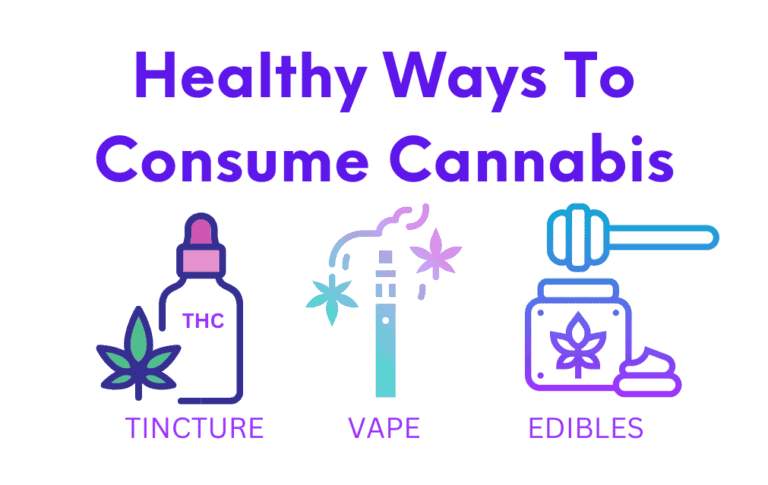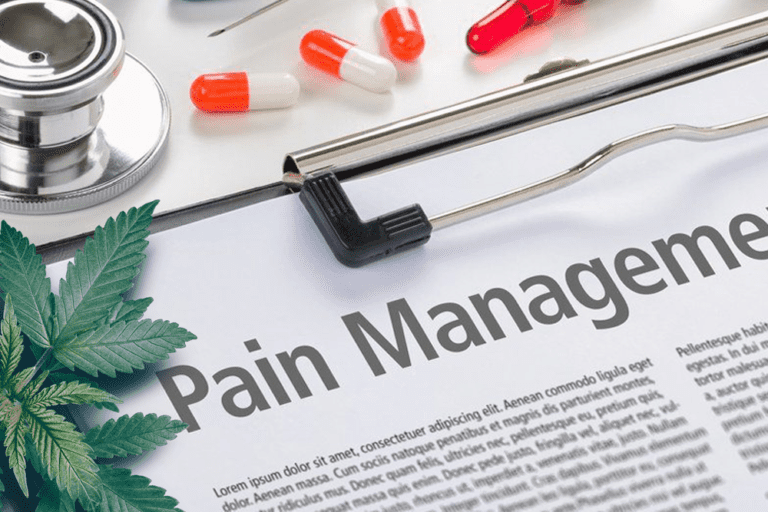From Recreational To Recovery – Cannabis As The Saviour Drug For PTSD Sufferers
PTSD is a mental health disorder caused by experiencing or witnessing a horrific event. Flashbacks, nightmares, excruciating anxiety, and uncontrollable thoughts about the incident are just a few possible symptoms. The majority of people who experience traumatic circumstances might initially struggle to adjust and cope, but with time and adequate self-care, they typically get better.
You may have PTSD if your symptoms persist for months or even years and interfere with your day-to-day activities. It is crucial to seek appropriate treatment after developing PTSD symptoms to lessen symptoms and enhance function. Nevertheless, the benefits of medical cannabis for PTSD treatment have become a hot topic for discussion in recent years. Many PTSD patients claim that medical cannabis has helped relieve their severe symptoms.
Despite claims from PTSD patients that cannabis eases their symptoms and studies demonstrating potential therapeutic mechanisms, the issue of whether cannabis actually alleviates PTSD symptoms has remained contentious.
What exactly is PTSD?
Before we dive into the benefits of medical cannabis for PTSD management, it is important to know what exactly PTSD is?
A horrific event can cause post-traumatic stress disorder (PTSD), a mental health disease that can be brought on by experiencing it or seeing it (1). Tumultuous experiences in one’s life can have equally turbulent effects on one’s psyche. Traumatic events can result in PTSD, a condition in which the mind relives them over and over again.
Causes of PTSD:
Due to any experience of a horrific event, survivors may acquire complicated post-traumatic stress disorder in the most severe instances of continuous, repetitive trauma where there is no practical option of escape (CPTSD) (2).
This contains additional symptomatology, such as the loss of a cohesive sense of self, and develops due to layers of trauma rather than a single traumatic incident (3). Events like combat exposure, physical abuse as a child, sexual assault, physical assault, being threatened with a weapon, and accidents can all be causes of PTSD.
Signs and Symptoms of PTSD:
Before diving into the cure, it is necessary to understand the disorder clearly. Intrusive memories, avoidance, unfavorable changes in thought and attitude, and changes in bodily and emotional reactions are the four main categories of PTSD symptoms. The severity of symptoms can change over time or from person to person. (4)
- Recurring, uncomfortable memories of the traumatic incident that are intrusive
- Avoiding the locations, things, or people that make you think about the horrific incident
- Negative thoughts about you, other people, or the world.
- Negative fluctuations in mood and a lack of optimism for the future.
- Alterations in one’s bodily and emotional responses – Being constantly alert for danger and easily shocked or terrified
How Cannabis Came Into The Picture:
Cannabis is a substance that is derived from the cannabis Sativa plant. It is also known as marijuana, pot, weed, or hash (hemp plant). Medical marijuana is another name for cannabis used for medical purposes. The entire plant or its extracts can assist manage or alleviating issues related to physical or mental health. The effects could happen immediately and extend for three to four hours.
Cannabis naturally produces the molecule CBD. Tetrahydrocannabinol (THC), the substance that gives cannabis users a high, is absent from CBD. It can ease anxiety, sadness, and other disorders, including substance abuse. Muscle spasms, discomfort, and inflammation may all be reduced by CBD. Despite studies suggesting that medical cannabis may help with a number of ailments, PTSD has never officially benefited from its use. However, people with PTSD have reported that cannabis helps relieve their symptoms.
Chronic issues brought on by this crippling ailment include self-destructive conduct, panic attacks, hypervigilance, separation from others, and nightmares. These severe sensations can occasionally even result in suicide. Medical cannabis can be helpful for the management of PTSD, as many sufferers claim. Despite that, the research on the subject has been fairly mixed.
Is Cannabis Worth Taking for PTSD Patients?
There has been little advancement in our understanding of the possible benefits and drawbacks of cannabis in clinical settings, and the use of cannabinoids in the treatment of a wide range of disorders has only been documented in a small number of high-quality clinical trials.
As a result, we still know very little about the possible negative effects of long-term cannabis use, and the little known about the use of cannabis for PTSD has produced some contradictory results. Some studies suggest that cannabis can prove beneficial, while others claim it does not.
However, more research is showing that cannabis may be beneficial for those suffering from PTSD. The researchers discovered that cannabis users with PTSD experienced more symptom reductions than those who did not use cannabis and had a 2.57 times higher chance of recovering from PTSD during the trial. (5)
Why the Lack of Research?
Unfortunately, it is difficult to answer this question because there isn’t much research on the topic. It is best to find answers to these questions via clinical research, but this is challenging in the US. In clinical studies, cannabis is given to subjects along with placebos so that researchers can know exactly what is being consumed. A double-blind process is then used to prevent bias from influencing the outcomes.
Regrettably, legal restrictions preclude researchers from administering cannabis to study participants unless they receive it through the National Institute on Drug Abuse (NIDA). Unfortunately, the cannabis offered through NIDA is significantly different from the cannabis that is sold in legal cannabis markets in terms of potency, product types, and a number of other aspects.
There are several legislation in Congress that would remove this restriction; thus, these limitations may soon be loosened. However, until these limitations are changed, researchers interested in discovering how cannabis affects PTSD must rely on observational studies. In these studies, researchers look at how people with PTSD who use cannabis from the legal cannabis market fare.
The Studies That Add Weight To The Argument:
For a whole year, researchers monitored two groups of PTSD patients. There was one group that used cannabis to treat medical conditions, while the other group didn’t use any.
- Seventy-five participants in each group fit the PTSD DSM (6) criteria. Participants were evaluated for PTSD and the severity of the various PTSD symptoms they were experiencing at the beginning of the study and every three months throughout the year they were studied.
- Urine toxicology testing also verified the presence (or absence) of cannabis use.
- The findings corroborated what PTSD patients who use cannabis have been saying for a long time. While the control group also experienced a modest decline in symptoms over time, those who took cannabis experienced a considerably faster decline in symptoms.
- Compared to those who didn’t use cannabis, they had considerably lower symptom severity levels at the trial’s conclusion.
- Fascinatingly, the majority of patients who used cannabis smoked high-THC cannabis flower. This suggests that future studies should focus especially on this kind of cannabis regimen since they observed such favorable benefits.
- The researchers advise that future clinical studies should be conducted using cannabis strains that PTSD patients actually use.
Hopefully, the limits on cannabis study will be lifted soon so that the most cutting-edge scientific methods can be used to investigate these vital concerns.
The Future Of Medical Cannabis For PTSD
The effectiveness and safety of cannabis in treating PTSD and other illnesses still require a lot of evaluation. In addition to the optimal dosage for various conditions, the length of time the drug must be taken for positive effects to be anticipated, potential sex differences in the efficacy of cannabinoids, and the extent to which adverse outcomes can be expected in some individuals, many questions remain unanswered.
Furthermore, it is important to establish the ratio of the various cannabis components (such as THC to CBD) that is most efficient at increasing therapeutic effects while avoiding side effects. This is because THC and CBD have different impacts on emotional behaviors and cognitive performance. It’s also plausible that cannabis or some of its constituents can help facilitate psychotherapy by fostering openness, similar to the effects that 3,4-methylenedioxymethamphetamine may have, albeit possibly via different methods.
Final Thoughts:
Cannabinoids have shown promise in the treatment of PTSD in significant animal research. Unfortunately, the study of cannabis usage in humans for medicinal purposes, particularly the treatment of psychological illnesses, had been constrained by the legal prohibitions that existed around access to and use of cannabis.
The preclinical studies and the few reported clinical studies do, however, suggest further thorough research into the use of medical cannabis for PTSD. It is crucial to discern between genuine treatments and those that are merely hopes, as it is with so many other medical conditions for which new therapies have developed quickly. It is regrettable that cannabis-related research on health benefits and safety has lagged behind social changes affecting its use.
References:
- https://www.nimh.nih.gov/health/topics/post-traumatic-stress-disorder-ptsd#:~:text=Traumatic%20Stress%20Disorder-,Overview,danger%20or%20to%20avoid%20it.
- https://www.nhs.uk/mental-health/conditions/post-traumatic-stress-disorder-ptsd/causes/
- https://www.mind.org.uk/information-support/types-of-mental-health-problems/post-traumatic-stress-disorder-ptsd-and-complex-ptsd/causes/
- https://www.mind.org.uk/information-support/types-of-mental-health-problems/post-traumatic-stress-disorder-ptsd-and-complex-ptsd/symptoms/
- https://www.vfw.org/media-and-events/latest-releases/archives/2021/9/federal-study-finds-cannabis-beneficial-for-ptsd-treatment#:~:text=Over%20the%20course%20of%20a,who%20did%20not%20use%20cannabis.
- https://www.ncbi.nlm.nih.gov/pmc/articles/PMC5378623/

